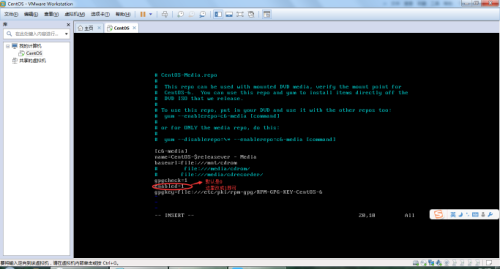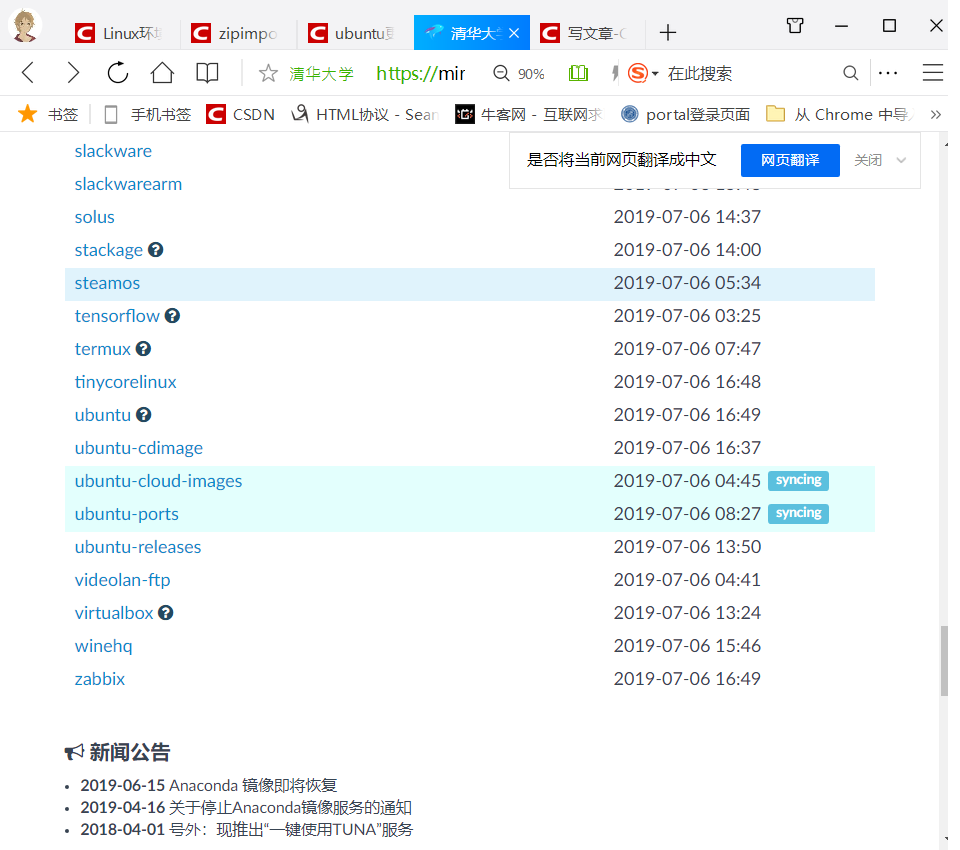


With PPA, the developers can easily package, distribute, and manage their software, and the users can easily install, update, and remove software packages. PPA stands for Personal Package Archive, which is a software repository for Debian-based Linux distributions (such as Ubuntu) that allows individual developers and teams to publish their own packages and make them available to other users. Let’s see what exactly this PPA is all about. PPA provides additional benefits over traditional package managers, such as faster access to updates, support for unofficial packages, improved compatibility, and easier package management. These limitations can be overcome by utilizing PPA. However, these package managers also have some limitations, like slow release cycles and package conflicts. The package manager typically provides commands for searching, installing, updating, and removing packages from the system. Popular package management systems used in Linux include apt (used by Debian and Ubuntu), yum (used by Red Hat and CentOS), and Pacman (used by Arch Linux). The package manager uses information from the repository to determine which packages are available, what versions of those packages are available, and what dependencies need to be satisfied in order to install a particular package. These systems use a central software repository, which is a collection of software packages that can be easily downloaded and installed on a user’s system. In Linux systems, software packages are typically distributed and installed using package managers and package management systems. PPA is a way for individual developers or teams to host and distribute their software packages on the Ubuntu platform.


 0 kommentar(er)
0 kommentar(er)
